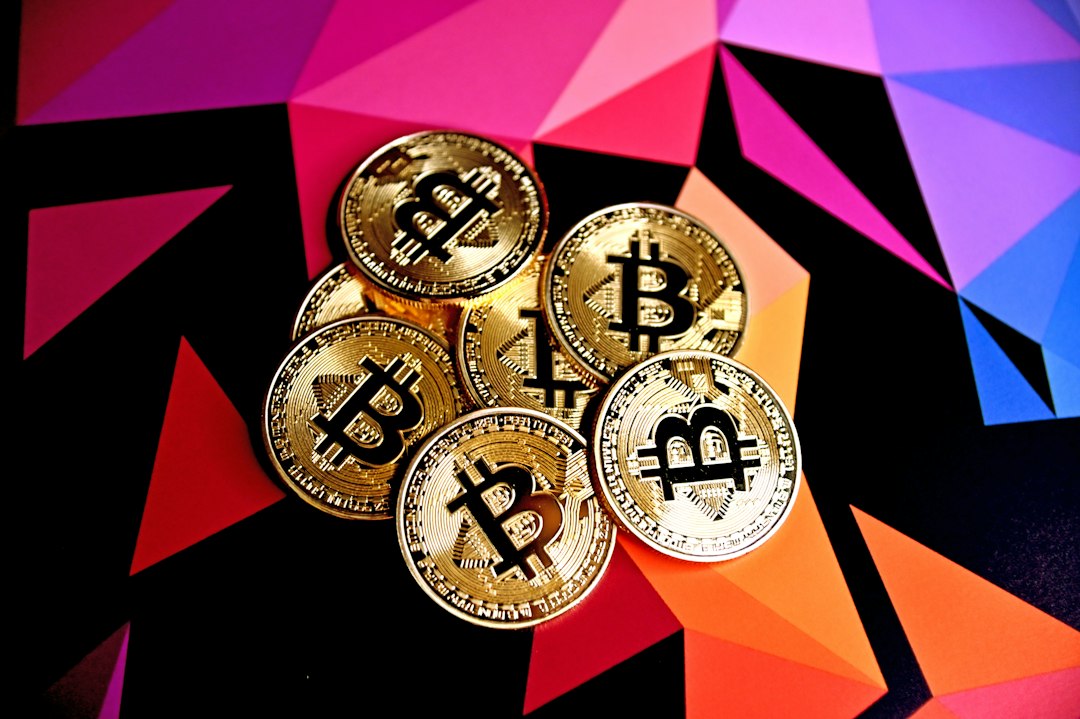Tokenization in Real Estate: Revolutionizing Property Investment
Are you interested in investing in real estate but find the traditional system hard to navigate? Tokenization could be the solution you’ve been waiting for. In recent years, the world of cryptocurrency has revolutionized various industries, and real estate is no exception. In this article, we will explore how tokenization is changing the game in property investment, offering you a more accessible and efficient way to own a piece of the real estate market.
What is Tokenization?
Tokenization is the process of representing real-world assets, such as real estate properties, as digital tokens on a blockchain. By breaking down an asset into smaller units, or tokens, investors can own a fraction of the property and benefit from the potential appreciation or rental income. These tokens are created and traded on a blockchain platform, enabling investors to easily buy, sell, and transfer their ownership.
Tokenization provides numerous advantages over traditional real estate investment. Firstly, it eliminates the high entry barriers that typically come with purchasing an entire property. With tokenization, you can invest in real estate with a minimum amount of capital, opening up the market to a broader range of potential investors.
Transparency and Security
When you invest in traditional real estate, you often have limited access to information about the property’s history, performance, and title records, making it challenging to make informed investment decisions. Tokenization brings transparency to the real estate market by recording all property-related data on the blockchain, which is publicly accessible. You have the ability to evaluate the property’s value, rental history, and legal records before making an investment.
Additionally, the use of blockchain technology in tokenization ensures secure transactions. The decentralized nature of the blockchain eliminates the need for intermediaries, such as banks or brokers, reducing the risk of fraud and manipulation. Each transaction is digitally recorded and cannot be altered, providing an immutable and transparent ledger of ownership.
Liquidity and Dividends
One of the most significant advantages of tokenization in real estate is the increased liquidity it offers. Traditionally, real estate investments can be illiquid, tying up your capital for extended periods. With tokenization, you have the flexibility to buy and sell tokens whenever you want, allowing you to access your investment easily.
Additionally, tokenized real estate assets can offer dividends to token holders. Rental income generated by the property can be distributed among the token holders, providing a regular stream of passive income. This adds another layer of potential profitability to your investment portfolio.
Accessibility and Fractional Ownership
Tokenization democratizes real estate investment by making it accessible to a wider audience. Regardless of your financial status, you can now invest in high-value properties and diversify your investment portfolio. Whether you want to invest in residential, commercial, or even international properties, tokenization offers a gateway to the real estate market previously only available to institutional investors.
Moreover, tokenization allows for fractional ownership, meaning you can own a fraction of multiple properties, spreading your risk and maximizing your potential returns. This level of diversification was traditionally reserved for large-scale investors, but now you can benefit from it as an individual investor.
Tokenization Platforms and Regulations
Various platforms have emerged that facilitate the tokenization of real estate properties. These platforms offer the necessary technology and infrastructure for property owners to tokenize their assets and for investors to participate in the market. It’s important to research and choose a reputable platform that complies with regulations and provides a secure environment for your investments.
The regulatory landscape surrounding tokenization is still evolving, with different countries and jurisdictions implementing their own rules. While some regions have embraced tokenization and enacted favorable regulations, others are still catching up. Before diving into tokenized real estate investments, make sure to understand the legal implications and seek professional advice.
FAQs
Q: How do I invest in tokenized real estate?
A: To invest in tokenized real estate, you need to find a reputable platform that offers tokenized properties. Sign up on the platform, complete the necessary verification process, and fund your account. Once you have funds available, you can browse the available real estate investment opportunities and choose the properties that align with your investment goals.
Q: Can I sell my tokens at any time?
A: Yes, one of the advantages of tokenized real estate investments is the increased liquidity. You can sell your tokens on the platform’s marketplace or through other token exchanges whenever you want, subject to market conditions and any lock-up periods specified by the platform.
Q: Are tokenized real estate investments risky?
A: As with any investment, there are risks involved in tokenized real estate. Market fluctuations, regulatory changes, and the performance of the underlying properties can impact the value of your investment. It’s important to conduct thorough research, diversify your investments, and consult with financial professionals before making any investment decisions.
In conclusion, tokenization is revolutionizing the real estate industry by providing accessible, efficient, and secure investment opportunities. With tokenized real estate, you can own a fraction of a property, benefit from potential dividends, and enjoy increased liquidity. However, it’s crucial to navigate the regulatory landscape and choose a reputable platform for your investments. Start exploring the world of tokenized real estate today and open up new possibilities for your investment portfolio.





 By
By
 By
By
 By
By
 By
By
 By
By
 By
By